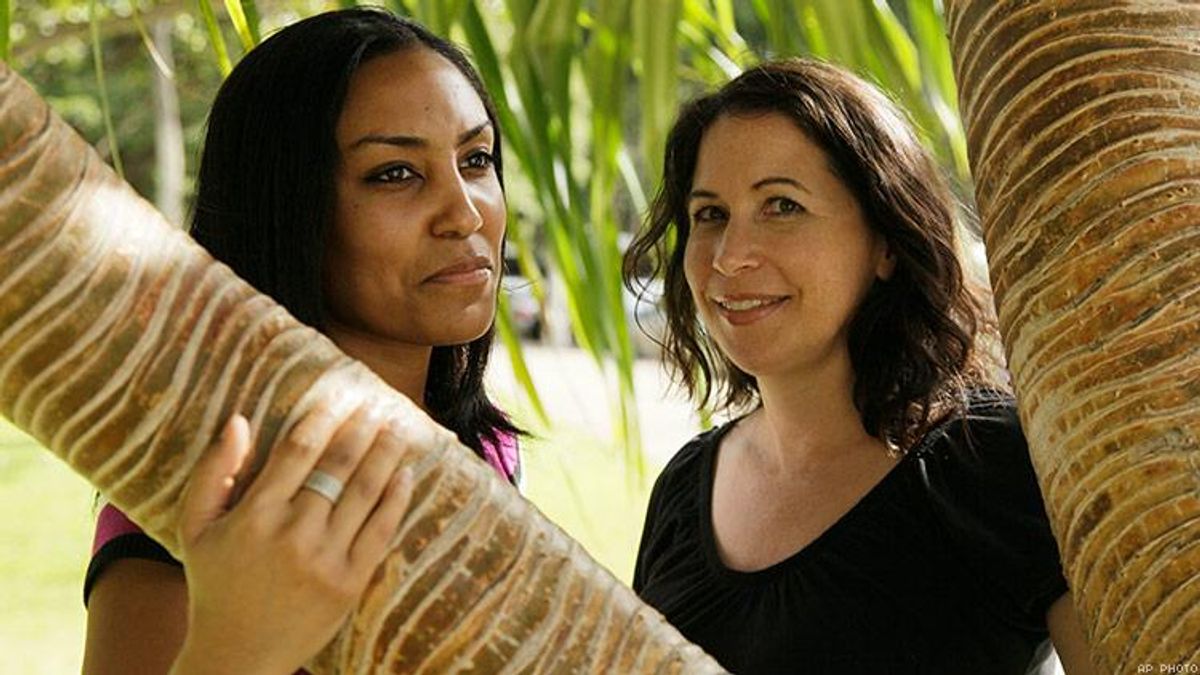Business
Court Rules Hawaii B&B Owner Discriminated Against Lesbian Couple

The decision in the case, in which the business owner cited her religious beliefs, came down ahead of the U.S. Supreme Court's ruling in the gay wedding cake case.

Tracy E. Gilchrist
Tracy E. Gilchrist is the VP of Editorial and Special Projects at equalpride. A media veteran, she writes about the intersections of LGBTQ+ equality and pop culture. Previously, she was the editor-in-chief of The Advocate and the first feminism editor for the 55-year-old brand. In 2017, she launched the company's first podcast, The Advocates. She is an experienced broadcast interviewer, panel moderator, and public speaker who has delivered her talk, "Pandora's Box to Pose: Game-changing Visibility in Film and TV," at universities throughout the country.
Tracy E. Gilchrist is the VP of Editorial and Special Projects at equalpride. A media veteran, she writes about the intersections of LGBTQ+ equality and pop culture. Previously, she was the editor-in-chief of The Advocate and the first feminism editor for the 55-year-old brand. In 2017, she launched the company's first podcast, The Advocates. She is an experienced broadcast interviewer, panel moderator, and public speaker who has delivered her talk, "Pandora's Box to Pose: Game-changing Visibility in Film and TV," at universities throughout the country.
February 27 2018 9:08 PM EST
July 11 2018 11:59 PM EST

















































































